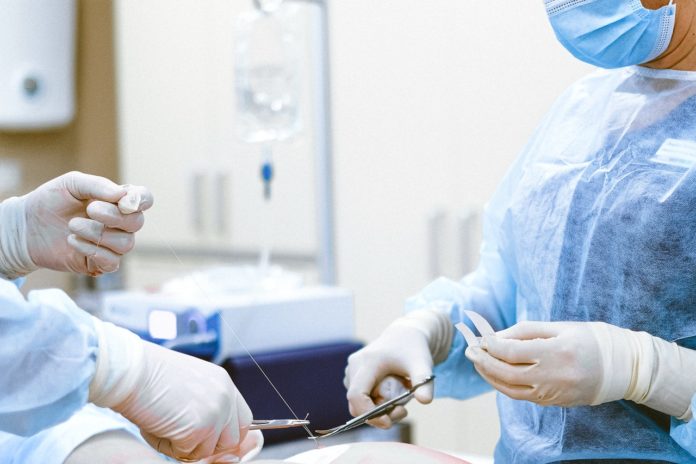It’s finally here! After weeks of planning and preparation, your surgery is scheduled. But what happens after the surgery? What steps do you need to take to ensure a smooth and successful recovery? This blog post will outline eight essential steps that you need to take to prepare for post-operation recovery. Follow these tips, and you will be on your way to a quick and easy recovery!
1. Visit Post Anesthesia Care Unit (PACU)
After your surgery, you will be taken to the Post Anesthesia Care Unit (PACU). The PACU is a particular area in the hospital where you will be closely monitored as you recover from anesthesia. You will be monitored for vital signs, level of consciousness, and pain. The staff in the PACU will also provide you with any pain medication you may need. Also, be sure to ask the staff any questions about your recovery.
2. Follow all Postoperative Instructions
You will be given a set of postoperative instructions after undergoing a medical bariatric surgery. You must follow these instructions carefully to ensure a smooth recovery. Some common postoperative instructions include taking a pain reliever as prescribed, avoiding strenuous activity, and taking a shower the day after surgery. If you fail to follow these instructions, you may experience complications or a more extended recovery period.
3. Get Plenty of Rest
One of the most important things you can do to ensure a quick and easy recovery is to get plenty of rest. After your surgery, your body will need time to heal. So, make sure you get enough sleep at night and take it easy during the day. Avoiding strenuous activity and giving your body plenty of time to rest will help you recover quickly.
4. Eat healthily and Drink Plenty of Fluids
Another important part of recovery is eating healthy and drinking plenty of fluids. After your surgery, you may not feel like eating much. But it is essential to eat a balanced diet and drink plenty of fluids to promote healing. Eating healthy foods will give your body the nutrients to heal, and drinking plenty of fluids will help prevent dehydration.
5. Exercise Regularly
Once you are feeling better, it is important to start exercising regularly. Exercise will help improve your circulation, flexibility, and range of motion. All of these things are essential for postoperative recovery. Try to exercise for at least 30 minutes per day, and you will start to see a difference in your recovery. However, avoid strenuous activity until your doctor has cleared you. Some of the strenuous activities may open your wound.
6. Attend all Follow-up Appointments
After your surgery, you will have a few follow-up appointments with your doctor. These appointments are essential to monitor your recovery and make sure everything is healing correctly. Be sure to attend all of your follow-up appointments and let your doctor know if you have any problems. You should also take pain medication as prescribed and follow all postoperative instructions during this time.
7. Take Care of Your Incision Site
After surgery, you will have an incision site that needs to heal. It is essential to take care of your incision site to prevent infection. Some things you can do to take care of your incision site include:
• Keep the area clean and dry
• Apply a bandage as directed by your doctor
• Take showers instead of baths
• Avoid strenuous activity
8. Seek Help if You Need It
Recovery from surgery can be challenging, both physically and emotionally. If you are struggling to cope with your recovery, don’t hesitate to seek help. There are many resources available to help you through this difficult time. Talk to your doctor, a friend or family member, or a professional counselor if you need someone to talk to.
Recovering from surgery can be a daunting and challenging task. But by following these tips, you can ensure a smooth and easy recovery. Remember to take things slow, get plenty of rest, and eat healthily. And if you have any questions or concerns, be sure to talk to your doctor. With time and effort, you will be back to your old self.








